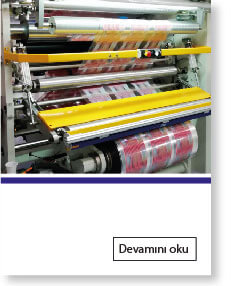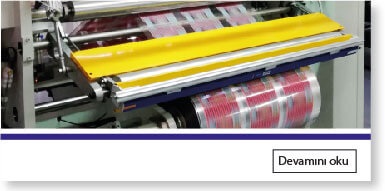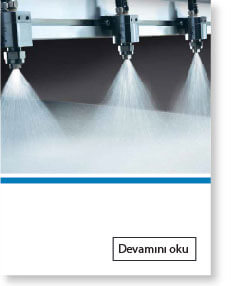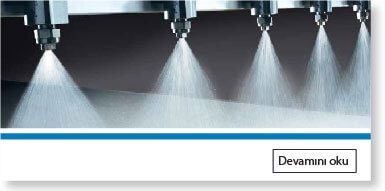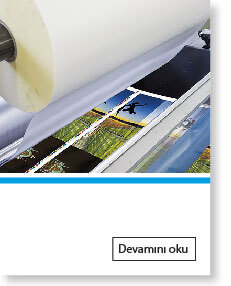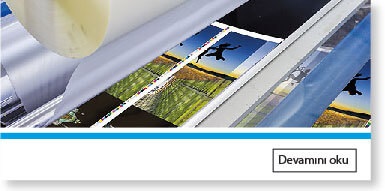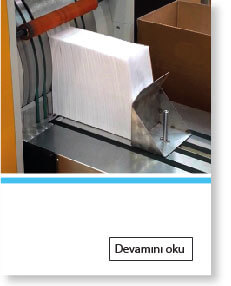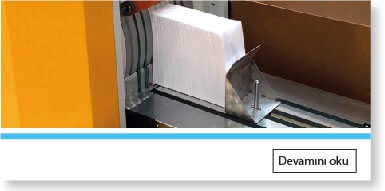Coating
Coating refers to a paper finishing process in which a paper is coated with a substance to give a finish or texture and increase its printability. Paper is covered with suitable material according to its usage area. Coatings provide a smooth paper surface, affecting properties such as ink retention and absorption. Sometimes paper needs to be protected to be durable, waterproof, or look good. Coatings also increase the whiteness, opacity, and gloss of the paper.
Wax Coating
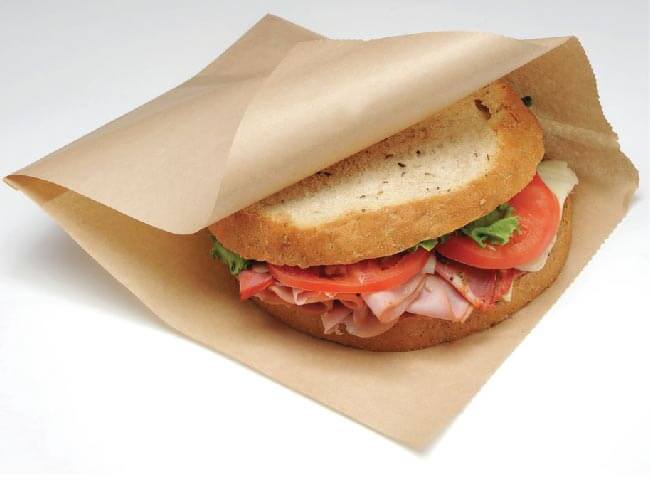
The wax coating provides a barrier to prevent oil and moisture from passing through the paper. Thanks to this feature, the wax coating makes it a versatile product for wrapping various food items. Areas where wax coating papers are used:
• Cheese
• Cooked meats
• Sandwiches
This material is translucent and allows food items to be partially visible from the packaging, making it useful when displaying products. It can print on wax-coated papers. It prevents the print from contacting the food product.
PE Coating
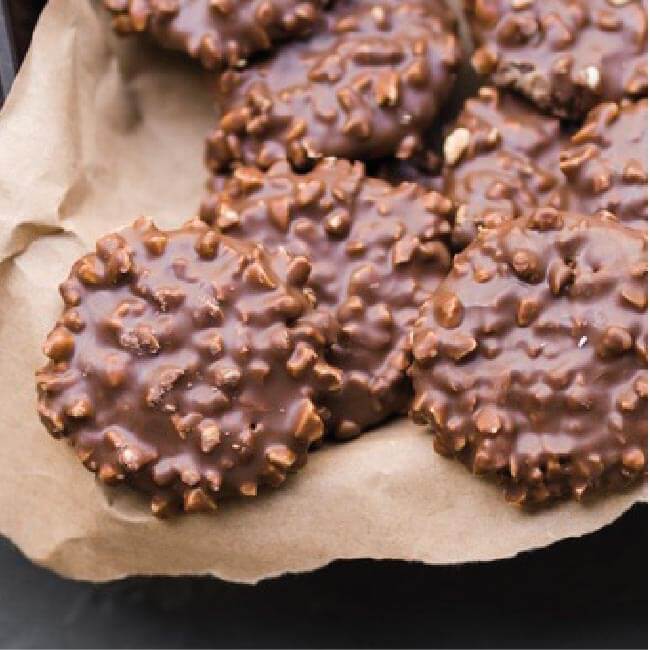
Paper is covered with polyethylene and provides a strong moisture barrier. Unlike paraffin-coated paper, polyethylene is more heat resistant. Areas where PE coated papers are used:
• Fast food packaging
• Tray linings
• Wrap packaging
• Salt and sugar packages
This type of wrapping paper is extremely durable and can be used in various applications. It can print on polyethylene paper safely. It is not biodegradable.
Paraffin Coating
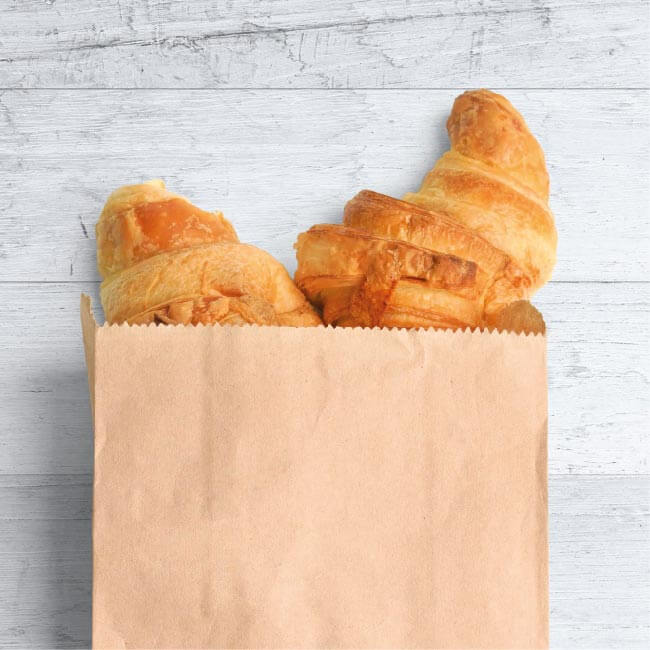
Paraffin coating is obtained by coating the paper produced by any method with hot paraffin solution or by impregnating it until it becomes saturated. In this method, cellulose fibers are filled with wax. Areas where paraffin coated papers are used:
• Wrap packaging
• Bag, package
• Protective wrapping paper
Paper with waxing; gains resistance to water, oil, and water vapor.

